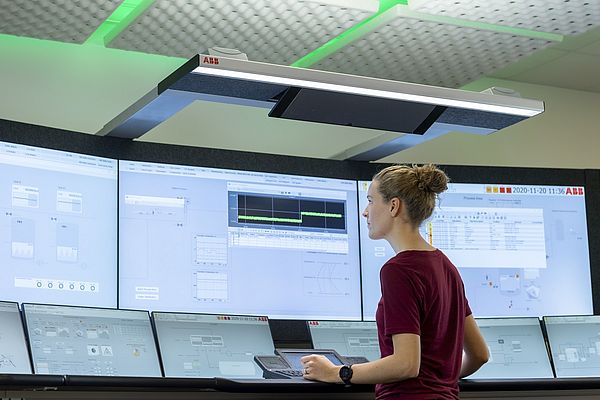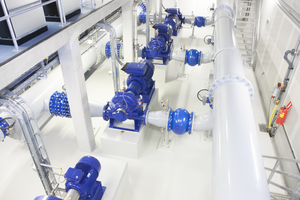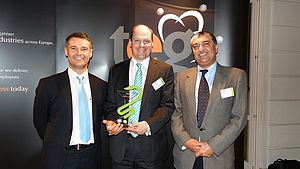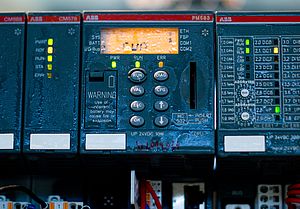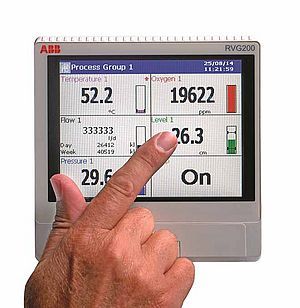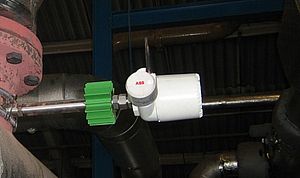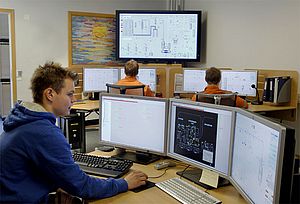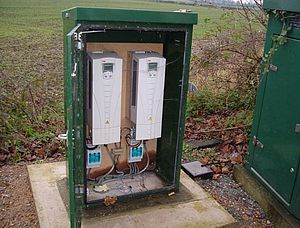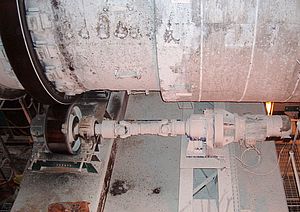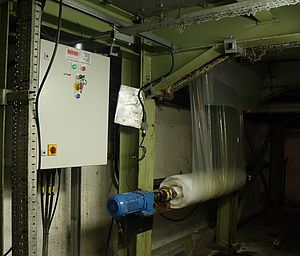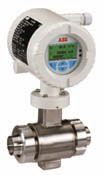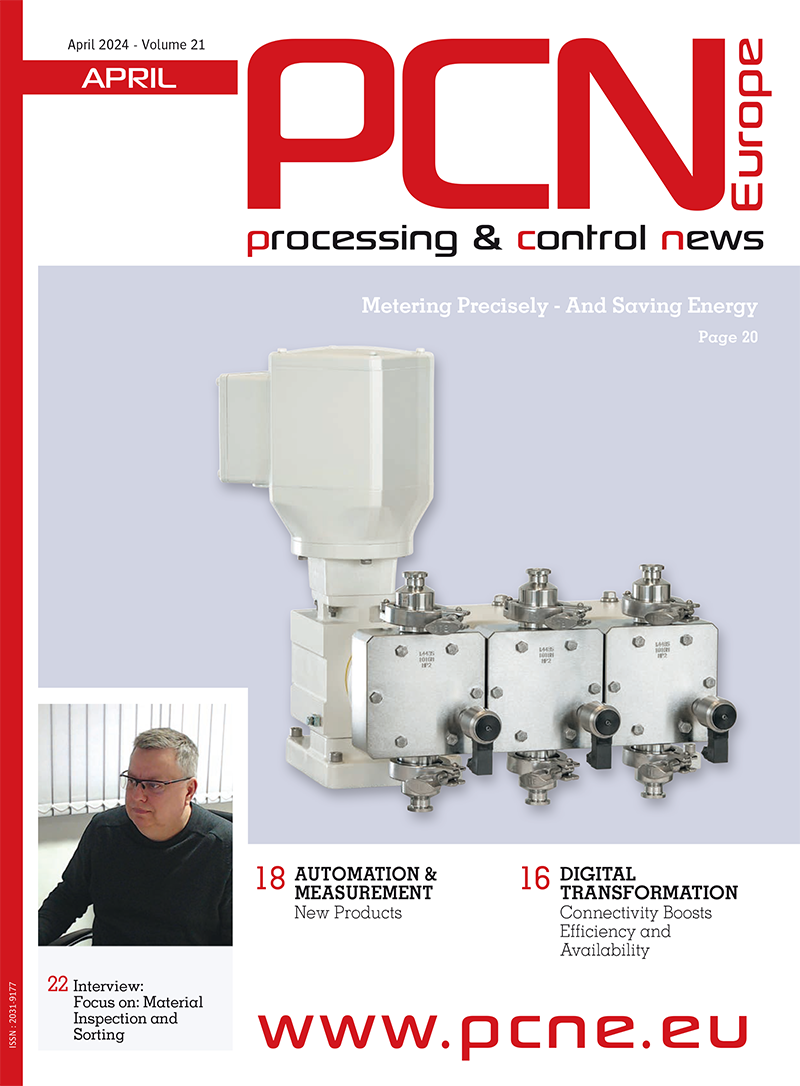DCS technology (Distributed Control Systems) is well established in a broad range of industries. What were and are the key drivers for the technology and have they changed?
Mark Taft: DCS technology has aimed to provide safe, efficient, and reliable operation of industrial processes. However, today’s automation practitioners want more from their suppliers, including innovation agility, and reduction of the lifecycle costs of their automation.
Our customers are working through several standardization initiatives. Examples include the Open Process Automation Forum (OPAF), a consortium of end-users and automation providers working to define a standards-based, open, secure, and interoperable architecture for tomorrow’s process automation systems. It aims to integrate best-in-class components and preserve asset owners’ application software at a significantly lower cost.
NAMUR has defined an open architecture model NOA (NAMUR Open Architecture) that segregates core control and automation functionality from non-time-critical monitoring and optimization applications described by the Industrial Internet of Things (IIoT).
With digital transformation more and more data is created in every production line. How can this information be turned into helpful insights of processes?
Mark Taft: The DCS has been the link to production information from the plant floor for decades. ABB has a long history of integrating electrical systems, telecoms, CMMS, asset management, documentation, and optimization applications into our system, giving the user consistent access to plant assets for maximum efficiency and performance.
New standards such as OPC UA, and APL with PA DIM provide platform independent access to the information source, while also aiding high level interoperability between systems and applications from different suppliers. With cloud and edge technologies, we can separate non-critical extended automation applications from the core control assets. This gives more computational power, and more agile deployment of technologies such as AR, VR, machine learning and artificial intelligence at the edge, without disrupting plant process control.
In constantly changing markets companies need more flexibility for their production processes. How can up-to-date DCS system support customers here, especially when it comes to a modular automation approach?
Mark Taft: Modularity is key to more flexibility and enhancements to our current automation systems will have modular hardware and software. Independent modules will be integrated to provide the system level interaction, orchestration, and consistency that our customers have become accustomed to with our Extended Automation offering. These individual modules may be upgraded or replaced without affecting the automation solution.
Process control applications will be based on libraries of reusable application function modules, cutting effort. Using well-defined communication interfaces will avoid the need to coordinate these functional modules.
NAMUR’s MTP or modular automation concept evolves this with a standardized, modular concept applied to the automation associated with process “skids” provided by equipment and process OEMs to offer full process control and operations support. A major pain point in automation has been mapping data and commissioning interfaces to third party PLCs and controllers. Standard interfaces make it easier to integrate controllers into complete processes. Combined with modular implementation, processes can be adapted quickly to make new products.
Sustainable production and transformation into a decarbonized industry are important challenges for you and your customers. How can you support your customer’s efforts and help them, e.g. when it comes to integration of more volatile sources to their energy mix?
Mark Taft: Industry is trying to adopt renewable, zero-carbon energy sources. Many will need to electrify processes to use wind and solar generation as well as grid-supplied electricity from renewable sources. There will also be the need to switch sources to take advantage of optimum costs.
Renewables are intermittent and also need energy storage. Optimizing process operations under these constraints requires vendors who can integrate process automation and electrification.
ABB has this expertise and is identifying which process and material buffers can partially offset renewable intermittencies. Optimization strategies need to consider that a particular process heater can be turned off for 20 minutes without upsetting production, while a nearby piece of rotating equipment cannot withstand a power sag of even five milliseconds without tripping.
Demographic shift is affecting the industry and will do even stronger in the future. What concepts are needed in the future for a safe, and effective production?
Mark Taft: One issue is knowledge lost from retiring operators. Tomorrow’s operators will not only monitor levels and pressures but maintain optimal operations throughout the plant’s lifecycle.
Artificial intelligence can help create a decision support system from existing data sources such as process, alarm, and event data; engineering documents; standards and safety procedures. A new digitally native workforce will find this more attractive.
These trends can lead to increasingly autonomous plants – particularly in dangerous or remote locations - overseen by remote operators aided by experts around the globe.
The shortage of experienced talent has led ABB to design its next generation automation systems
to use pre-made, pre-tested functional software supplied complete with elements for control, visualization, and associated services.
Overall process orchestration of the software modules will be facilitated by the system, with control engineers moving from programming control logic to configuring process-specific automation requirements. As well as saving time and effort, quality controls on pre-tested code will help the unit get operational quickly. It will also allow the agile control strategy upgrades and reconfiguration of processes to fulfil demand for new product variants.
Automated engineering methods will help develop process control logic. For example, piping and instrumentation diagrams (PI&Ds) can directly generate a good first estimate of effective control logic.
ABB is an innovation leader in automation and DCS technology over a long time now. What developments are you expecting for the next few years?
Mark Taft: ABB’s next-generation technology for Process Automation Systems will empower industries to compete in a fast-changing world by delivering adaptable and reliable, integrated, modular and secure automation solutions for autonomous operations and sustainable performance.
The systems will facilitate digital transformation and collaboration between people, systems and equipment through secure OT/IT integration, ensuring the safety of people and the environment.
These systems will be engineered and deployed with tools providing a more modular and flexible, simpler and faster, more automated project engineering execution and commissioning process.
ABB has an installed base of over 35,000 systems. We have a history of balancing new technology introductions against production continuity, and a sustained commitment to protecting our customers’ investments, by providing a path forward for their systems.
Our next generation systems will allow our customers to use the latest, innovative solutions while protecting their intellectual property and investment in applications, meaning they can retain their current ABB control infrastructure when moving from existing to new technology.



